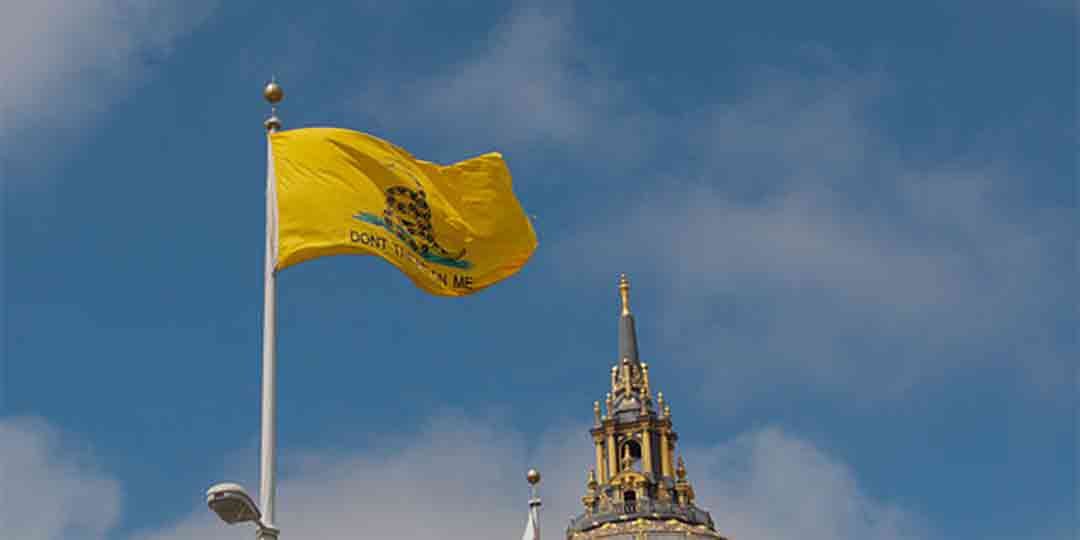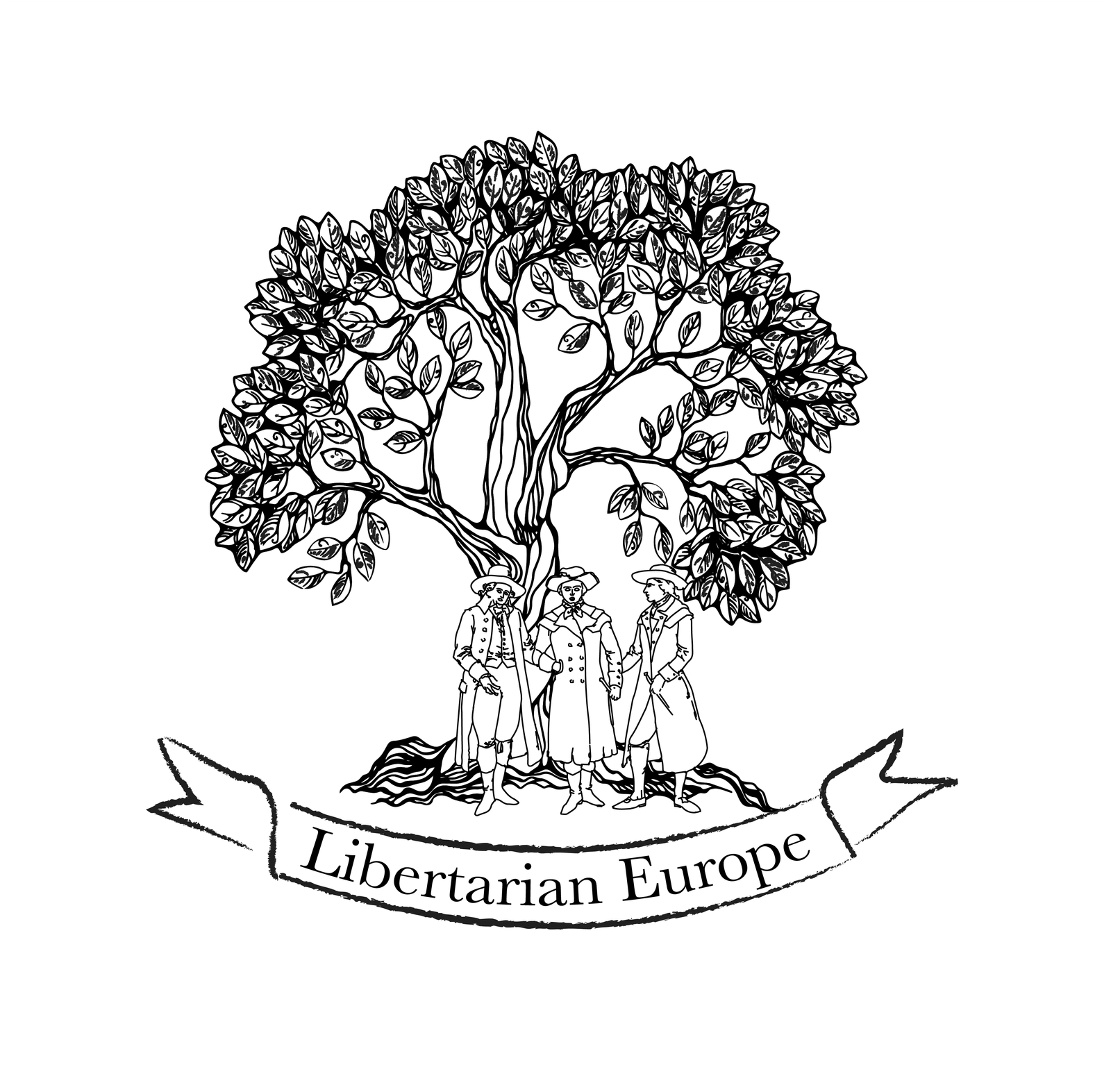
The Libertarian Revolution
Libertarianism is growing and is becoming mainstream. The first libertarian president in History has been elected in Argentina, Javier Milei, giving even more visibility to the ideas of liberty. But the fact that presidents and other politicians that declare themselves libertarian are being elected is merely a consequence of a revolution that has been taking place for much longer than that.
The rise in popularity of Libertarianism can be attributed to a revolutionary shift in the thinking and sentiments of individuals. Increasing numbers of libertarians are actively promoting the principles of liberty, in contrast to the stifling ideas advocated by the establishment, which have been a primary driver of poverty, corruption and injustice.
Murray Rothbard aptly articulated when discussing approaches to disseminate the ideas of liberty:
‘But it should be stressed that ideas do not float by themselves in a vacuum; they are influential only insofar as they are adopted and put forward by people. For the idea of liberty to triumph, then, there must be an active group of dedicated libertarians, people who are knowledgeable in liberty and are willing to spread the message to others. In short, there must be an active and self-conscious libertarian movement. This may seem self-evident, but there has been a curious reluctance on the part of many libertarians to think of themselves as part of a conscious and ongoing movement, or to become involved in movement activity.’
Some people like to attribute the success of the libertarian ideas to the economic downfall of nations. However, many nations have their economies in shambles for decades and still there is no libertarian movement that has flourished in them. There was never a libertarian movement in the USSR or in North Korea. A libertarian movement is not something that will magically appear out of nowhere. Without a group of dedicated libertarians who are knowledgeable and that are spreading ideas of liberty there is no way that these ideas would have become popular.
Certainly, during periods of economic downturn or when our freedoms are being encroached upon by authoritarian politicians seeking control over our private lives—dictating our thoughts, dietary choices, consumption habits, and more—such circumstances act as catalysts for the dissemination of libertarian ideals. However, without intentional efforts by libertarians to actively share these ideas, meaningful change is unlikely to occur.
A rock in Klaus’ shoe
Recently, Klaus Schwab, the controversial German figure known for promoting liberticide ideas through the World Economic Forum, publicly spoke out against Libertarianism. He asserted ‘what we are seeing is a revolution against the system’, and continued stating that Libertarianism wants to destroy the system which creates some kind of influence of government into private lives, like if the government’s influence into private lives of people was something positive.
But there is no such thing as bad publicity, especially when it is something coming from highly disliked figures like Klaus Schwab. But yes, Klaus is right about Libertarianism being a revolution against the system that wants to control people’s private lives.
Libertarianism is a cultural revolution and it is anti-system because Libertarianism does not defend a system planned by a few bureaucrats that dream of the people owning nothing and living under their total control, essentially, some sort of socialist system. Libertarianism is the revolutionary idea where people will be left alone to do what they want as long as they are not violating the private property of somebody else instead of following some plan idealised by somebody like Klaus and his pals from the WEF.
Point of no return
The libertarian revolution has already started and there is nothing that socialists and collectivists can do to stop it, even though they are desperately trying to do that through censorship and by trying to control the reach of our ideas.
Despite all of that, what we are seeing is already a consequence of a revolution that started several years ago, when the first austro-libertarians started to disseminate the ideas of liberty, that are not only superior ethically, but also economically.
Revolutions happen in the hearts and minds of the people, as John Adams correctly observed when he wrote about the American Revolution:
But what do We mean by the American Revolution? Do We mean the American War? The Revolution was effected before the War commenced. The Revolution was in the Minds and Hearts of the People; a change in their religious sentiments of their duties and obligations… This radical change in the principles, opinions, sentiments, and affections of the people, was the real American Revolution.
John Adams to Hezekiah Niles, 13th of February 1818.
A transformation has been underway for years within the thoughts and sentiments of individuals. The true libertarian revolution manifests as a shift in the principles and perspectives of the populace. This revolution is already happening, propelled by the dedicated efforts of myself and numerous other libertarians. Day after day, we strive to illuminate the shadows, unveiling the schemes of those seeking to subjugate us, all the while aiming to maintain their positions as supposed enlightened elites.
The truth cannot be unseen and Libertarianism shines the light to reveal what is wrong in three important areas that deeply affect our lives: Ethics, law and economics. Once people comprehend how economics work, what the law is and where it comes from, and what ethics is, they will not simply ignore reason, the main pillar of Libertarianism, to embrace some irrational belief that does not make sense.
Libertarianism works like the allegory of the cave of Plato: Perception versus reality; prisoners chained in a cave see only shadows, symbolizing the limited understanding of the world until enlightened. The process of being enlightened is the revolution itself, as it is understanding how the current system works and what truth and rightness are.
The very bad scenario we currently have in most countries of the world (as we have a more uniform world in terms of policies thanks to supranational organisations and to very bad lawmakers that serve these organisations) is becoming totally unsustainable for the majority of the people, but that alone will not trigger a change. A change is already coming through the hard intellectual work of thousands of libertarians.
There will still be challenges that are beyond what Libertarianism proposes, as Libertarianism is not a complete philosophy that attempts to determine aspects of our lives like morality. However, Libertarianism does not promise the paradise on Earth. What it proposes is a robust society and economy designed with consideration for Humans as they are, with all their flaws and all their virtues. This stands in contrast to the already tested ideas of social engineers who aim to create a new man for a new world. We advocate for a society where individuals can mutually serve one another to address all the challenges that may arise, as opposed to a dystopian world where a few enlightened individuals who falsely claim they can solve every issue that may arise through an almighty State that they will control. This experiment has ended badly every single time it was tried and fortunately, as the libertarian revolution advances, people realise that they are liars promising something unattainable and as Thomas Sowell correctly observed:
When the people want the impossible, only liars can satisfy.
We advocate not for the unattainable ideal of paradise on Earth, but for a society characterized by greater freedom with men and women in their natural states at its heart. Empirically, ethical and freer societies demonstrate increased peace and prosperity. If with just a fraction of what Libertarianism proposes, we have already constructed the most prosperous era in human history, consider the advancements we could achieve by fully implementing it. As the libertarian revolution materializes, a new era of prosperity and peace will commence.

